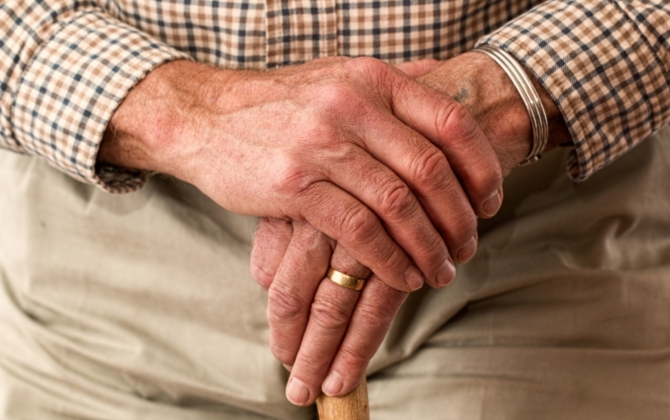Jump to
Catastrophizing thoughts about falls can trip people up. We are now looking for programs that can help reduce concern about falling in older people.
Falls and fear of falling affect many older adults and can impose limitations upon daily activities. Over one third of community dwelling older adults fall each year with about 15% of falls being injurious. However, over two thirds of older adults express fear of falling during common daily activities, making it more common than falls itself. Fear of falling has been associated with needless restriction in physical and social activities with consequent negative impacts on lower quality of life.
Previous research has suggested that fear of falling can be reduced through cognitive behavioural therapy and balance exercise programs. We are collaborating with Black Dog Institute to investigate the effectiveness of an online cognitive behavioural program (myCompass) versus a health education program for 6 weeks at reducing concerns about falling in community-dwelling older people. The intervention consists of a fully-automated cognitive behavioural therapy program (myCompass) delivered through a tablet or computer in people’s homes with no therapist input, including evidence-based and interactive psychological modules that users can complete via the internet on a tablet or computer in their homes.



